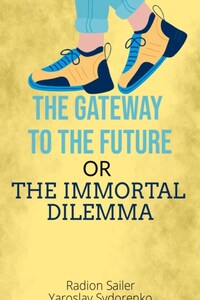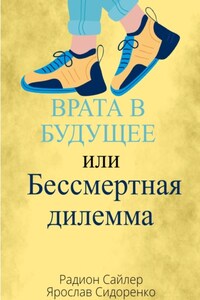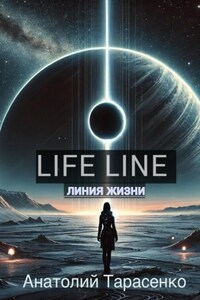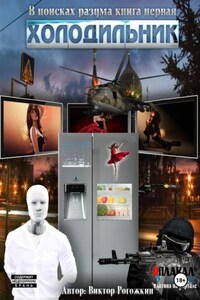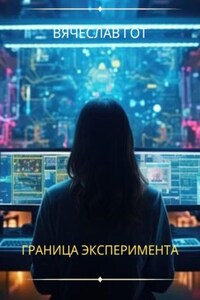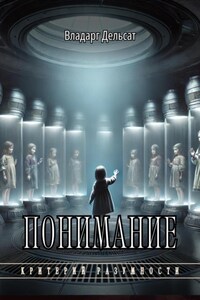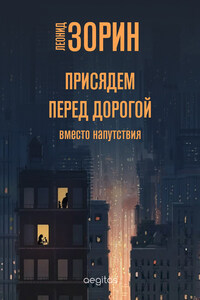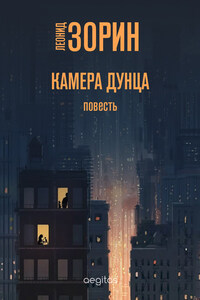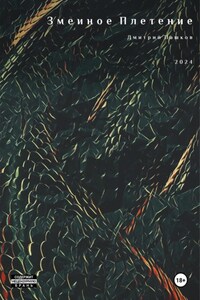INTRODUCTION
In the year 2175, the world has undergone a huge change. The advent of androids changed society and now 75 per cent of people are high-tech devices. When artificial intelligence (AI) reached unprecedented sophistication and capabilities in 2099, this huge shift began. The evolution of artificial intelligence has been an exciting experience. It has been marked by remarkable advances in thought processing and the introduction of androids into various areas of human life.
Achieving near-instantaneous thought processing was one of the most important milestones in the evolution of AI. Currently, androids can perform complex calculations and tasks with tremendous speed and efficiency as a single thought can be processed in milliseconds. In industries such as transport, healthcare and communications, this exponential growth in computing power has led to insane levels of convenience and productivity.
As androids became more integrated into society, they became more mainstream. They co-exist seamlessly with other humans, working together in various professions and contributing to the overall well-being of civilisation. Android integration has not only improved productivity, but also opened up new opportunities for collaboration and innovation. Androids have become indispensable aids on the path to progress due to their constant work and accuracy.
Humanity's exploration of space has also been made possible by advances in artificial intelligence. Colonies were established on the Moon, Mars and Venus, and the International Space Station was rebuilt to become a centre for interplanetary travel. These advances have opened up new opportunities for research in science and resource exploration. Humans were able to create sustainable habitats on these celestial bodies with the help of androids, paving the way for further exploration and possible colonisation.
The integration of androids and advances in artificial intelligence may partially explain the modern world in which Earth lives. Since the middle of the 21st century, humanity has endeavoured to create a sense of well-being throughout the world. Androids, through their intelligence and impartiality, have helped to resolve conflicts and promote co-operation between humans. With the well-being and prosperity of each individual in mind, the world adopted a collective vision of peace.
Humans also encountered alien beings in an age of exploration and harmony. Scientists were surprised that these alien beings were quiet and docile. The discovery of the existence of extraterrestrial life ushered in a new era of interstellar relations and diplomacy. Humans learned about the vastness of the universe and the diversity of life in it through peaceful co-operation.
The rapid increase in population worldwide has led to the development of megacities. With more than 12 billion people living on Earth, urbanisation has become a pressing issue. To meet the needs of a large population, cities have developed into huge megacities. Tall skyscrapers, advanced infrastructure and efficient transport systems made them stand out. The use of artificial intelligence and robots was vital to solve the problems arising in these megacities and ensure the well-being of their inhabitants.
Nevertheless, a confusing dilemma emerged amidst remarkable progress and achievements. The mortality limit of the population had inexplicably dropped and the reason was unknown. The population was concerned about this decline in mortality. The issue of the ethical implications of immortality has become more pressing as people are living longer and can live indefinitely. This has a significant impact on relationships, personal identity and most importantly what it means to be human.
The rapid development of artificial intelligence is both admired and dreaded. For some, AI has become a cause for wonder and awe (Stupor Mundi, to use the Latin expression), while others believe it can be a good saviour (Salvator Mundi). But regardless of whether AI is considered a miracle or just a useful thing, the question remains: how can we make its benefits available to all?
To answer this question, we need to better understand the nuances of AI technology. This means abandoning simplistic reasoning: a functionalism that argues that humans must adapt and "augment" themselves to keep up with technological progress; a tendency to sensationalise AI as an existential threat; a cynicism that seeks to use AI for profit; and a fatalism that suggests a resigned acceptance of AI's inevitable flourishing.
These scenarios ignore the fact that we are the ones who determine the future for now. To develop a deeper understanding of the potential and implications of AI, it is important to be guided by the principle of verum-factum – learning by doing.
To prevent the revolutionary potential of AI from being captured by a minority, the technology must be democratised. Equal access is key to sharing the benefits of technological progress widely and to making AI a unifying force, rather than one that exacerbates divisions in our fragile societies.
In the following chapters, we will talk about the ethical implications of immortality and how it affects society. We will also talk about the challenges and opportunities that await humanity at the beginning of a new era. As we continue to explore uncharted areas of the future and influence the destiny of humanity, our quest for knowledge and expansion continues.
CHAPTER 1
ISS 2.0: GAME-CHANGING INNOVATIONS
The world changed in the year 2175. The advent of androids and the introduction of artificial intelligence into society has led to unprecedented advances in research and technology. The rebuilding of the International Space Station (ISS), a symbol of human co-operation and ingenuity, is one of the most important achievements during this time.
After years of neglect and destruction, the International Space Station requires repair and renovation. Given the importance of space exploration and the potential it can offer humanity in the future, a global effort has been made to restore and revitalise the ISS.
The recovery began with an assessment of the station's structural integrity and capabilities. Engineers and scientists from different countries worked together to come up with innovative ways to address the challenges posed by the aging infrastructure. Modern materials and the latest technologies were used to improve the station's durability and functionality.
Researchers are using the International Space Station to conduct experiments in microgravity and study the effects of long space travel on the human body. In addition, by improving astronauts' skills and testing new technologies needed for interplanetary missions, it provided astronauts with a foundation to train and prepare for upcoming missions to the universe.
